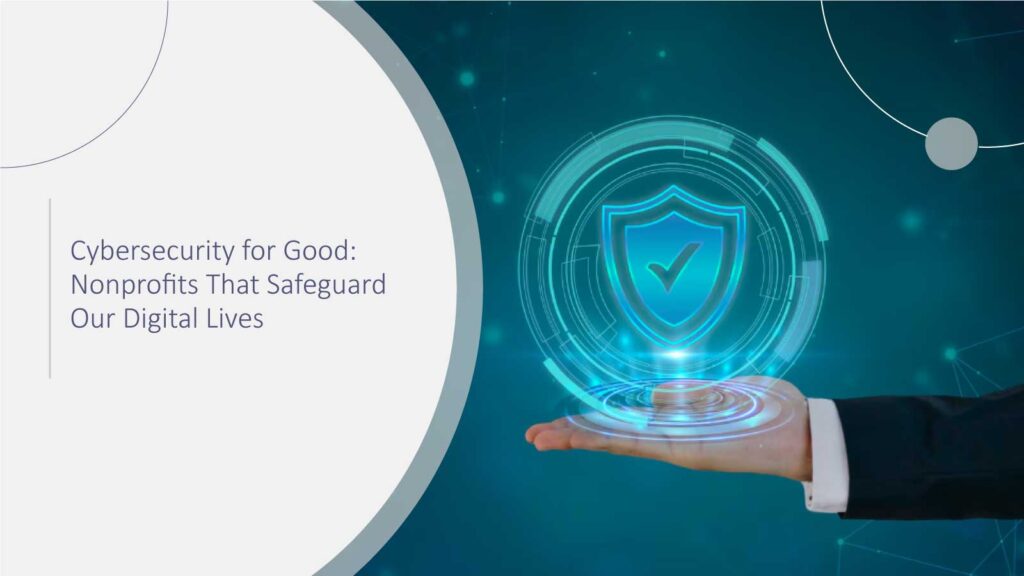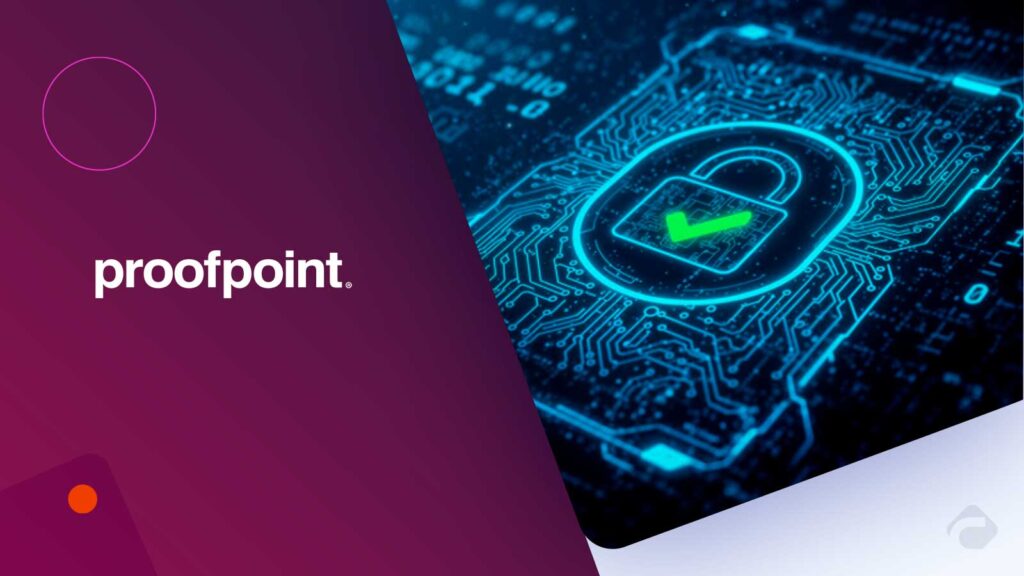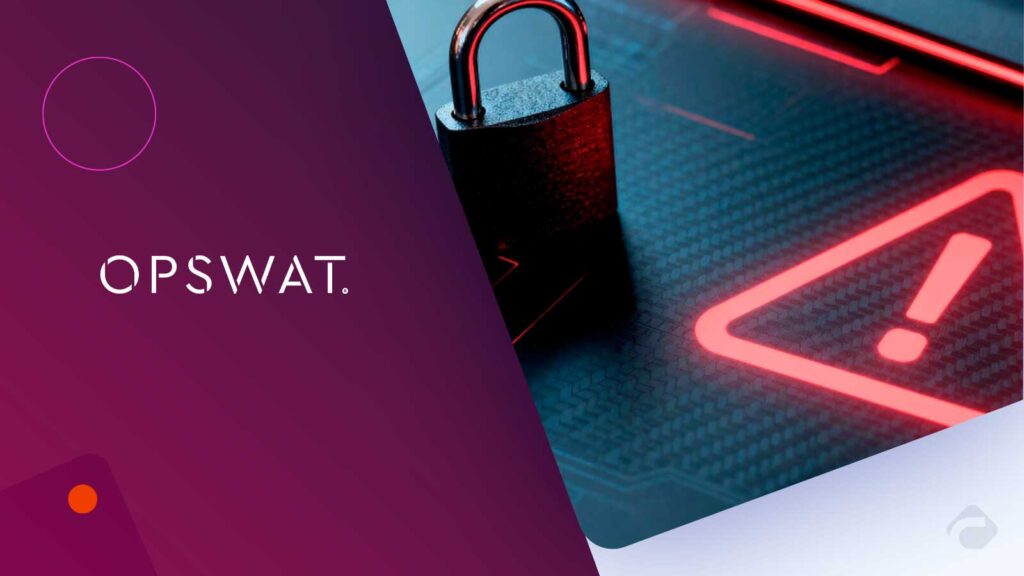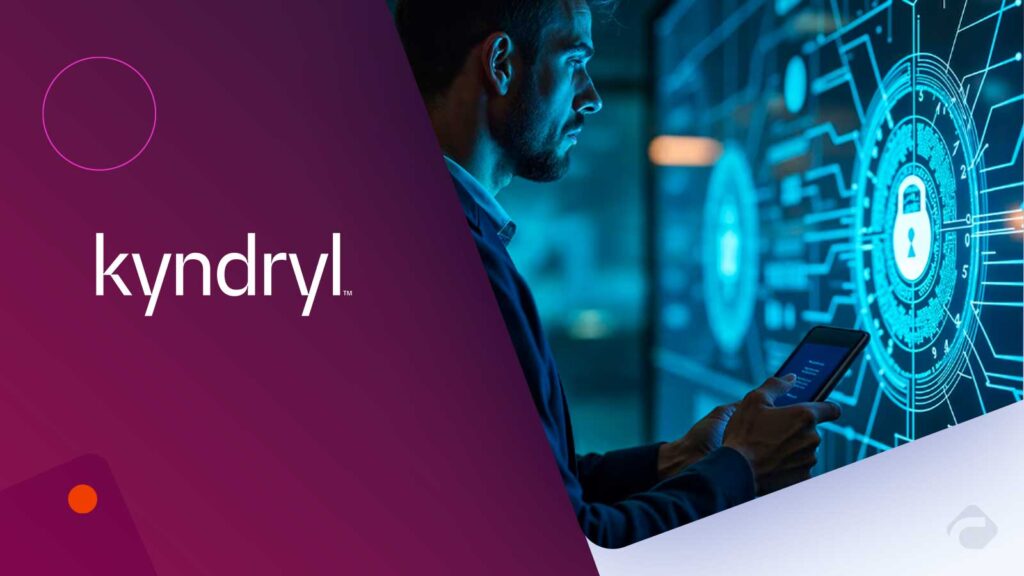Introduction: The Unsung Heroes of the Digital World
Online banking, shopping, learning, and communication take place massively every single day. People hardly ever stop to think twice about the digital smoothness of these processes. Still, behind this without-hitch digital world, there’s a massive—though invisible—shield. It’s a network not comprised only of governments and big tech companies, but powered by several non-profit organizations such as the CyberPeace Institute, Center for Internet Security (CIS), Electronic Frontier Foundation (EFF), and Global Cyber Alliance (GCA), working quietly—often without public recognition—to safeguard our digital environment.
Cybercrime is projected to cause damage of US$10.5 trillion annually by 2025, a ~300% increase from 2015.
Basically, they are considered volunteer firefighters in cyberspace. They may not be the center of attention because of the latest AI achievements or smartphone releases, but their game touches all of us. The organizations educate vulnerable communities, coordinate a global response to cyber incidents, and even create open-source tools for security from your e-mail to critical infrastructures.
Most importantly, they do it with a goal, not money.
Reasons Why Nonprofits Are Crucial for Cybersecurity
It is most likely for us to look for the cybersecurity role model among big corporations or government agencies as a first step. The truth, however, is that nonprofits play a major role at the table by adding neutrality, trust, and the public-service spirit that they possess. There is a big chance that they will be the first movers in fields where commercial interests or bureaucratic hurdles might delay the progress of the project, such as helping schools teach cyber hygiene or providing free security tools for small businesses. Cybersecurity market size/spend: ~$200 billion in 2024; growth ~12-13% annually; third-party spending ~65% of budgets, according to McKisney.
Nonprofits, by not constraining themselves with national boundaries and industries, also double as a kind of Switzerland of cybersecurity. They are the ones who share the intelligence, fill the gaps between public and private sectors, and set the standards that everyone can follow.
Unmissable Nonprofits That Are Making a Difference
1. The CyberPeace Institute
This organization from Switzerland is advocating and focusing on safeguarding those who are defenseless from the consequences of the cyber world, mainly humanitarian NGOs or hospitals. It undertakes global incident analyses, threat disclosures, and democracy promotion at the highest level. Along with the work they do, they make the world aware of the fact that is very often forgotten: cyber threats are not restricted by borders.
2. Center for Internet Security (CIS)
The CIS produces the CIS controls and benchmarks that are widely accepted and can be referred to as a cybersecurity recipe book for organizations of all kinds. Even Fortune 500 CISOs utilize them. The guidelines are open-sourced; thus, security best practices are no longer the privilege of local governments; they are within the reach of NGOs and other institutions as well.
3. Electronic Frontier Foundation (EFF)
Although EFF is mostly associated with digital rights promotion, it also creates resources such as Privacy Badger that prevent online tracking. The integration of advocacy and the development of user-friendly tools make daily users’ lives easier without the necessity for them to be cybersecurity experts.
4. Global Cyber Alliance (GCA)
GCA provides free services such as Quad9, a DNS service that prevents access to harmful domains. The alliance’s partners include law enforcement agencies, NGOs, and private-sector players, allowing for the nonprofit’s collaboration to be a convenient and efficient way to have a rapid and wide-scale effect.
A Relatable Example: From Free Wi-Fi to Safe Browsing
Imagine yourself being in a coffee shop and connecting to the public Wi-Fi. Most of us would just click “Connect” and start scrolling. What we don’t see is the invisible safety net: nonprofits like GCA and CIS create and promote standards that reduce the risks of malware and phishing on public networks.
This is why these organizations feel personal, even if we never meet them. They’re working to ensure that the digital equivalent of public parks – Wi-Fi hotspots, online libraries, social platformsremains safe for everyone.
How These Nonprofits Stay Effective
Running a cybersecurity nonprofit is hard. The money needed to keep the nonprofit activities flowing is obtained from grants, donations, and partnerships. However, their dependability is based on being open and having a positive social impact. Organizations worldwide with zero-trust strategy: as per Gartner, 63% have fully or partially implemented; for 78% of those, this consumes less than 25% of their cyber budget.
Most nonprofits’ annual reports disclose the number of systems protected, the number of people trained, or the amount of malicious traffic blocked. The data-driven approach taken by these organizations is what convinces the bot, the donors, and the users that their work is not only symbolic but also highly effective. Only 65% of organizations globally have a dedicated cybersecurity expert despite high expectations of threats, according to Gartner.
The Human Side of Cybersecurity
Every nonprofit is a team of people who want more than paychecks. A lot of them are ex-CISOs, threat researchers, or policy experts who quit well-paid corporate jobs to work on a positive societal impact. Their motivation? They see cybersecurity as a public good, like clean water or safe roads.
If you are a professional and read this, then that’s the main point to take away: security is not just one more box to tick in the compliance checklist. It is everyone’s responsibility, which we can make more robust by supporting or even volunteering with these organizations.
Why This Matters to You as a Professional or Tech Enthusiast
You could respond, “Well, I am already protected by antivirus software, and I create strong passwords. So, why should I bother?” The reason is that the well-being of the digital ecosystem affects all of us. What if nonprofits were no longer in place:
Minor nonprofits that provide humanitarian aid could be hit by ransomware, which would block them from providing any relief for the victims.
The development of open security standards could freeze, thereby leaving your office more prone to attacks.
Schools and disadvantaged communities could be devoid of cyber education, which would make them the easiest targets of hackers in the future.
Whether it is through donations, partnerships, or just spreading their message, supporting these organizations means that you are contributing to an internet that is safer for both you and everyone else.
Some Practical Ways to Support Cybersecurity Nonprofits
Donate or become the sponsor of the organization: Most of the non-profits depend on contributions in order to provide the users with free of charge tools.
Volunteering your expertise: If you happen to be a tech professional, the impact of your skills will be massive and can extend beyond the technology sector.
Usage of their resources, such as tools, and the adoption of their standards: Just start your workplace by subscribing to CIS Benchmarks, Quad9 DNS, or EFF privacy tools.
Help spread the word: The more people know the resources, the more they can benefit from them. The content of each of these steps will grow exponentially. Now imagine how much good could be done in case even 10% of the professionals who come across this content were to implement it in their daily routine.
Conclusion: Adequately Harnessing the Digital Commons Together
Nonprofits dealing with cybersecurity represent the slogan “security for all.” They are in the business of constructing the digital versions of seat belts and traffic light gadgets and systems that are so effective in keeping users safe that most of the case most time, they go unnoticed by the users themselves.
The very next time you enjoy the safety of a public network, click on aa secure link or simply have an ad-free experience with your browser, dont forget that these are all just some of the great features that come with the world of technology and none of which would have been possible without the hard work of someone working on the other end not for profit but for principle.
Supporting these organizations is not charity; rather, it is an investment in a strong and trustworthy internet system that the whole world reaps the benefits of, from Fortune 500 CEOs to the teenager with a smartphone.
FAQs
1. What exactly does a cybersecurity nonprofit do?
The nonprofit develops free tools, sets security standards, educates the public, and sometimes coordinates international responses to cyber incidents, all without a profit motive.
2. How do cybersecurity nonprofits get their funds?
Support mostly comes from grants, philanthropic donations, government support, and partnerships with private companies.
3. Is it possible for professionals to voluntarily cooperate with these organizations?
Indeed. Many nonprofits need the help of skilled volunteers such as programmers, policy writers, and research folks.
4. Are security tools developed by nonprofits just as powerful as those developed by commercial entities?
Yes. Nonprofits establish basic cybersecurity principles and create tools that are later used by commercial vendors in most cases. The CIS Controls, for example, are ubiquitously adopted standards.
5. How could my company collaborate with cybersecurity nonprofits?
You can include sponsoring research, taking up their security frameworks, or organizing joint awareness campaigns to deepen industry-wide cyber-resilience as a form of partnership.
For deeper insights on agentic AI governance, identity controls, and real‑world breach data, visit Cyber Tech Insights.
To participate in upcoming interviews, please reach out to our CyberTech Media Room at sudipto@intentamplify.com.








